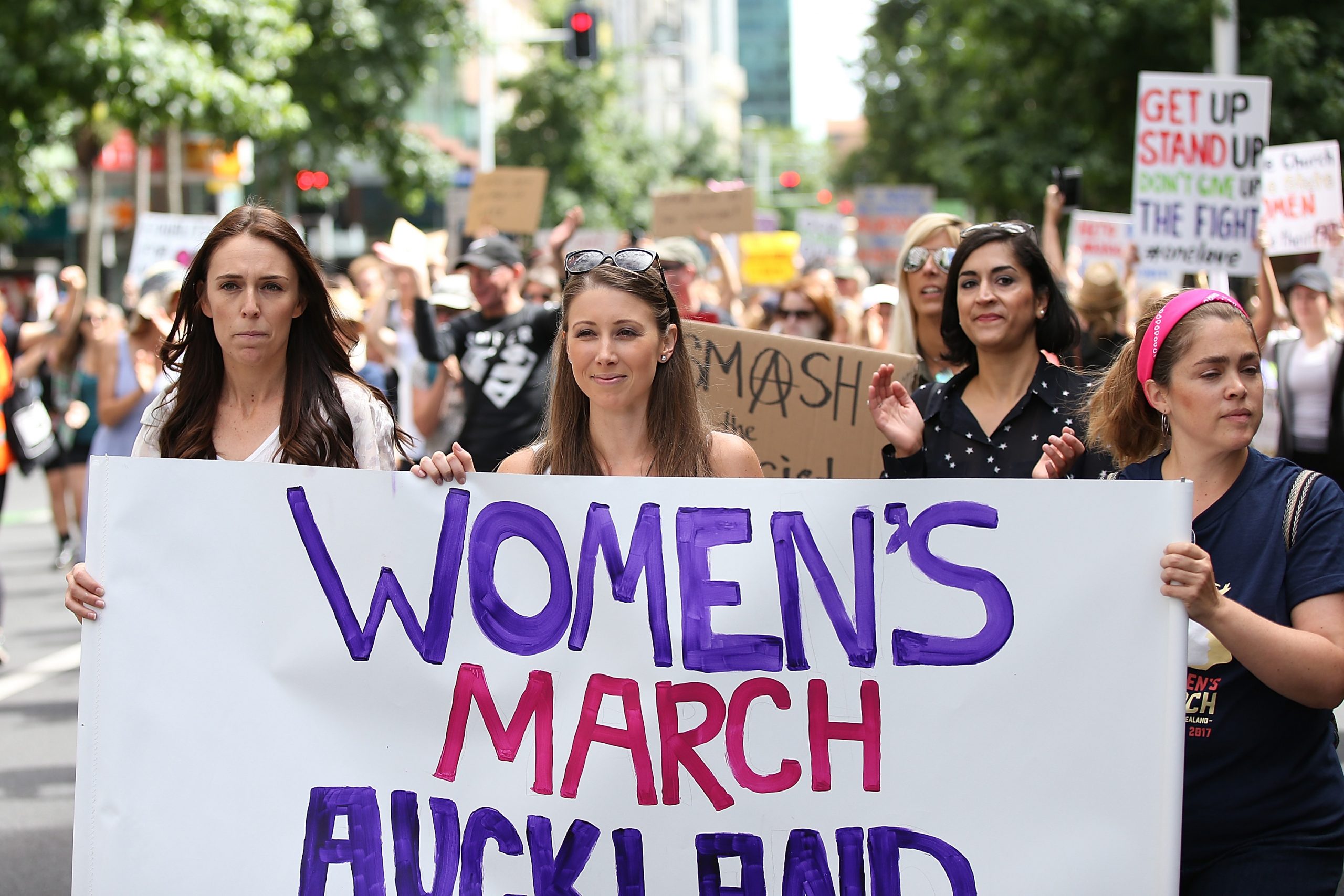
Sarabeth Queale had been miscarrying for three weeks when she asked her supervisor in the US military for time off. At eight weeks’ gestation, it was unusual for her employers to be aware of her pregnancy, but after she had been forced to work through a previous miscarriage because she hadn’t filed the correct paperwork, she’d made sure her documents were in order as soon as she found out she was pregnant. “Everybody in my command was aware that I was pregnant, and they were also aware that it was a threatened miscarriage,” she said.
This time, her body didn’t reject the eight-week pregnancy as easily as it had six months earlier, and she needed misoprostol, a drug that would induce labour-like contractions to help her uterus expel what was left of her womb lining, her placenta and her foetus.



